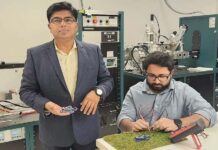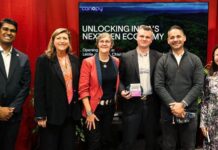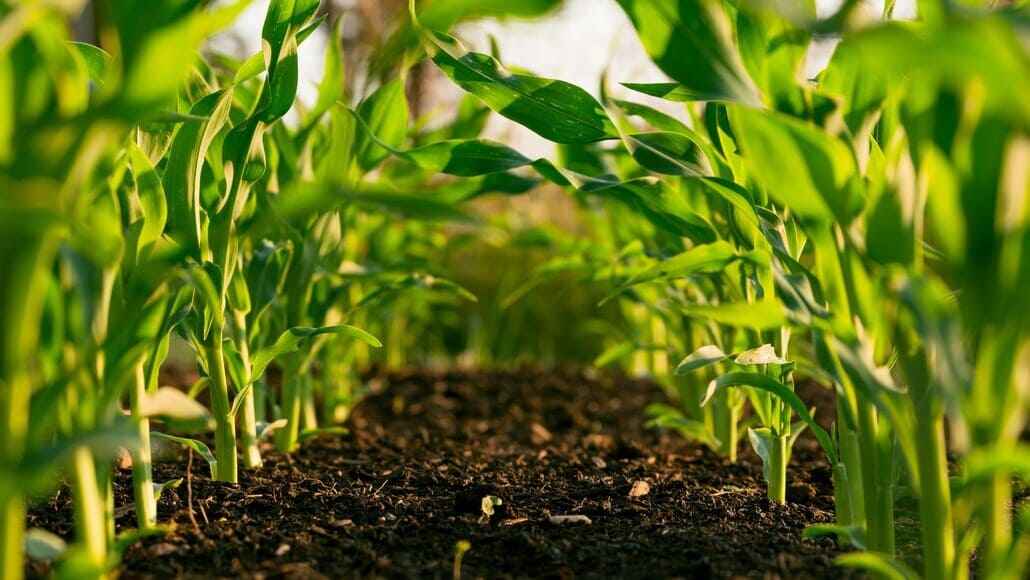The global sustainability initiative Better Cotton has joined forces with Stockholm-based climate technology company Planboo to help cotton growers reduce their greenhouse gas emissions and earn carbon credits.
This partnership will emphasize biochar production for cotton sustainability, focusing on creating a charcoal-like material made from agricultural waste and other byproducts that can improve soil health and store carbon for up to a century.
According to Better Cotton, biochar enhances the soil’s structure, boosts its ability to retain water and nutrients, and decreases the reliance on chemical fertilizers.
Together with Planboo, Better Cotton will provide guidance to authorized farmers on how to produce biochar from agricultural waste and apply it to their fields, resulting in environmental benefits at both stages of the process.
“Planboo has been a strong advocate of biochar for over five years, and the benefits are clear. This ancient technique transforms waste into valuable resources while enhancing land’s climate resilience. Moreover, the opportunity for farmers to receive financial incentives for their sustainability initiatives makes this a particularly exciting venture,” remarked Lars van Doremalen, director of Better Cotton Impact.
The collaboration will utilize Planboo’s digital Measurement, Reporting, and Verification (MRVin) system to gather data spanning from biochar production to the assessment of carbon reductions and removals.
According to Better Cotton, the MRVin software provides accurate calculations of waste inputs, amounts of biochar produced, carbon removals, and the allocation of carbon credits.
This initiative could open up new revenue streams for communities dedicated to reducing carbon emissions and improving soil quality through biochar production for cotton sustainability.
Retailers and brands can also benefit by endorsing these practices in their supply chains, potentially reducing Scope 3 emissions, which are a significant contributor to greenhouse gases within the fashion and textile industries.
The Fashion Industry Charter for Climate Action estimates that Scope 3 emissions account for around 99% of a company’s total emissions, overshadowing the mere 1% generated from direct operations.
Freddie Catlow, co-founder and CEO of Planboo, stated: “From the very beginning, Better Cotton emerged as the ideal partner to create meaningful impact within fashion’s value chains. After observing a 60% increase in cotton yields from our Solidaridad project in Zambia, we realized this approach is well-suited for cotton farming areas.
“With Better Cotton’s extensive global network and Planboo’s digital MRVin system, we are eager to integrate carbon removal and improve soil health into the core of cotton farming, based on regenerative practices and supported by advanced software.”

































